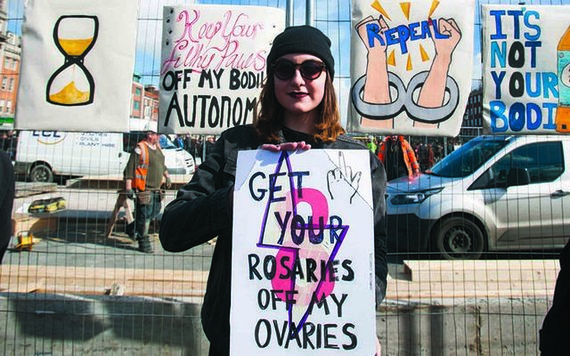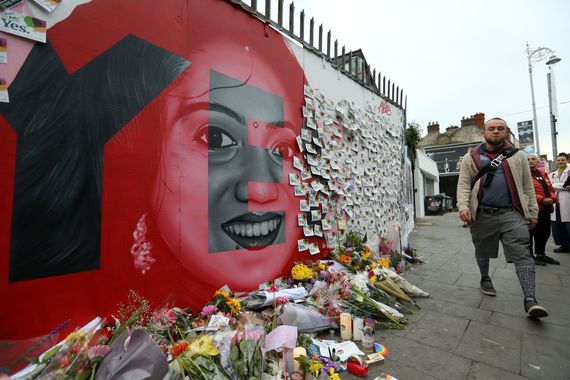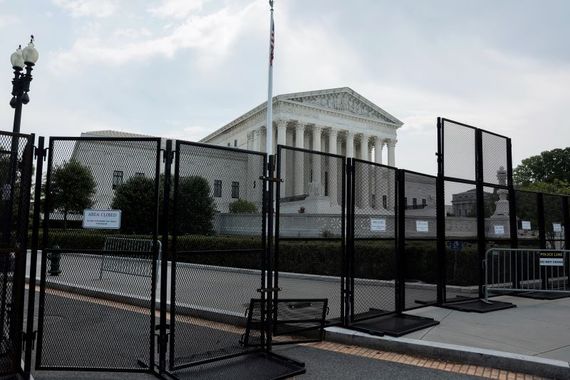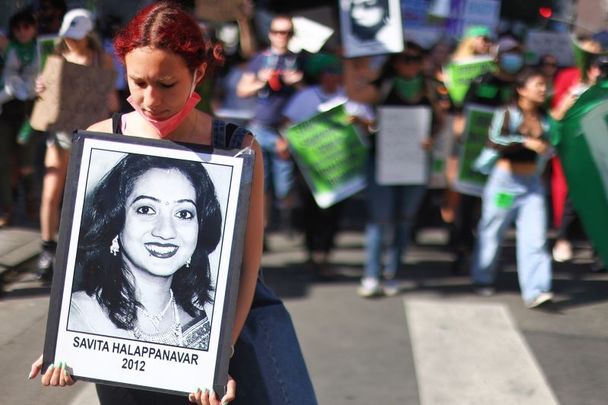In Ireland for the first half of the last fifty years, we mostly learned about the power of the law not to extend, but to take away rights.
Contraception, divorce, abortion - all were made illegal under our religiously inspired laws, with the immediate growth in human misery that accompanied their illegality.
Protecting our image of ourselves as paragons of virtue, we forgot to protect the rights of vulnerable and abused women from the consequences of assault, violence, and rape.
For decades, our sainted image of ourselves was of far more importance to us than our own basic humanity.

March 8, 2017: Strike4Repeal protests. Megan Shelley from Dublin on O’Connell Bridge in Dublin after holding pickets at the Department of Justice, the Department of the Taoiseach, and the Department of Health. They are protesting over the Irish government’s failure to set a date for a referendum on the Eighth Amendment. (RollingNews.ie)
Oh, some courageous people made the arguments against these laws. They put themselves forward publicly to say that our anti-women referendums were a kind of abusers charter, that they would end up harming more than they helped, but such people – usually women – would hear themselves dismissed as sluts, wife-swappers, and nymphomaniacs on our public radio and television stations. No need to listen to the likes of them, we were told.
So we didn't listen to them. Instead, we voted to enact the most draconian laws imaginable. We made basic reproductive health care medically impossible in the Republic for decades. We sent a zero tolerance message to women and girls that said you're completely on your own. Take the boat to England, we told them, you're someone else's problem now.
But within months of the 1983 abortion referendum, poor 15-year-old Ann Lovett found herself completely on her own in a Co Longford graveyard when she gave birth to a child that she had tried for months to conceal. She died soon after it did, too late for medical attention, or the nation's care.
The cruelty continued on for decades. Savita Halappanavar, 31, was a successful dentist who died in agony from a septic miscarriage in a Galway hospital in October 2012 after her request for an abortion was denied on legal grounds.
These deaths held a mirror up to Ireland about the kind of laws we had supported and voted for. Revulsion at their cruelty grew until it was finally nationwide. It took all of these needless and painful deaths to make us come to our senses.

May 26, 2018: As Ireland counts the votes for its abortion referendum, members of the public have been leaving messages of support at a mural of Savita Halappanavar. (RollingNews.ie)
We in Ireland, within one lifetime, now have examples to point to about what happens when your nation protects ideas instead of people under the law. Things go badly. Complications quickly ensue. Cruelty becomes the top note and mothers' lives can be shattered or cut short. In Ireland, we watched horrified for decades as our bad law led to fatal outcomes.
Given what we lived through in Ireland, and what women lived through here in the United States before Roe v Wade made abortion legal here in 1973, I was stunned but not surprised by the lamentable Supreme Court Dobbs ruling, which – despite the blatant lies told by the three conservative Justices that they would let precedent stand - determined that the Constitution of the United States does not confer a right to abortion.
After their ruling, it hasn't taken very long for all the old reproductive horrors that we saw in Ireland to start happening here. One case involved a raped 10-year-old girl who had to travel across state lines to avail of the abortion denied in her home state. That journey led to serious threats to her legal council and to the Indiana doctor who performed her procedure.
Instead of supporting young victims of rape and sexual assault, our laws now conspire to destroy their lives, including the lives of their doctors and the legal counsel who agree to take their cases. What kind of people have we become?

In Louisiana this week, a pregnant woman is faced with either carrying to term a fetus that will be born without a skull, which will likely die within hours - or travel several states away to obtain a legal abortion. “It’s hard knowing that… I’m carrying it to bury it,” she told the press. What kind of country makes a woman do this?
States like Ohio have no abortion exceptions for cases of incest and rape. If you are a child or a woman who has been raped by a family member or a stranger there you have no choice but to carry a resultant child to term. I can hardly believe I am typing these words. Republican Representative Jean Schmidt, who is running for re-election in Ohio, recently said that a pregnancy from rape is “an opportunity for that woman no matter how young or old she is." It's stunning.
Extremists would also argue that abortion is never medically necessary to save the life of a mother, but we in Ireland know that Savita Halappanavar's sad fate gives the lie to that. Extremists, we learned in Ireland, are always more concerned about protecting their idea of themselves than the actual lives of others, even when the facts fly in their faces.
I keep coming back to one fact. The Supreme Court of the United States has never in its history removed a right that it had previously granted. Until now. Of course, it was women who would find themselves on the receiving end of their radical abortion ruling.
It's been months, but I still can't get over the cruelty of it. We are only at the start of the horrors to come.




Comments